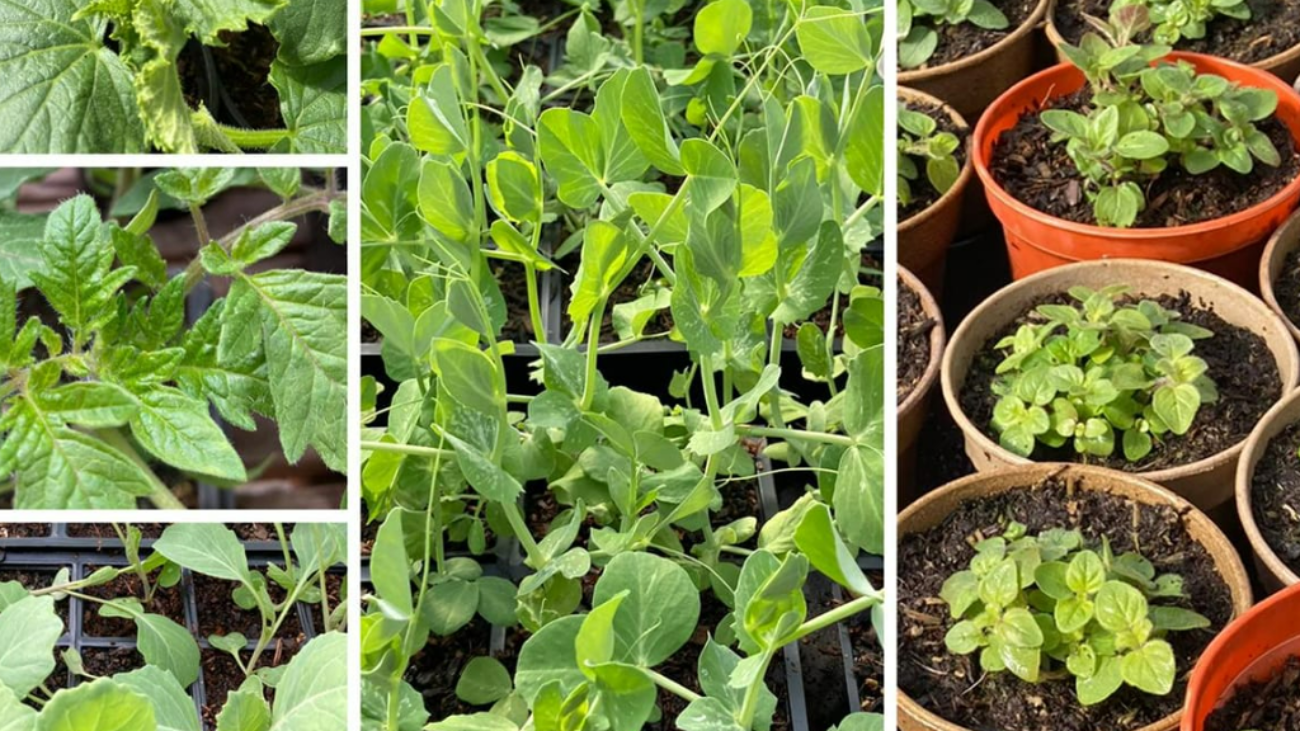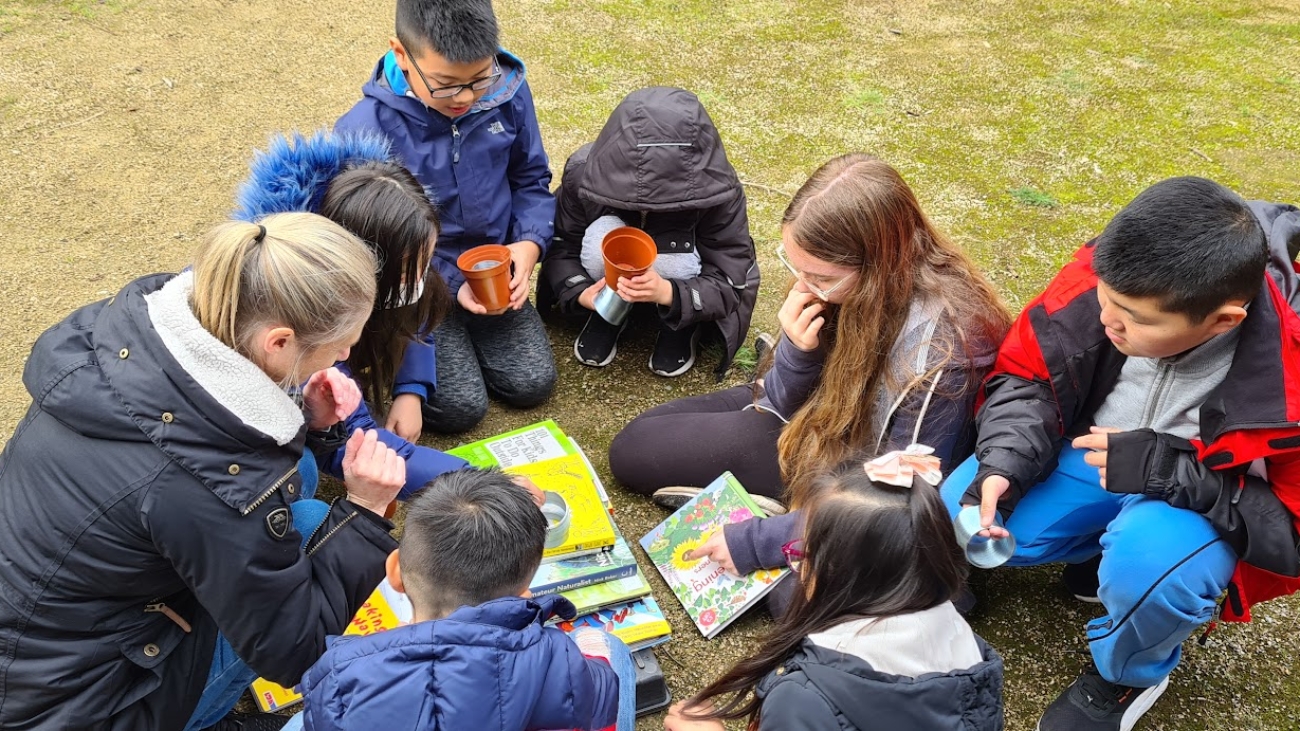The Forum’s recent response to the Scottish Governments consultation on the banning of the sale of peat highlighted a few key issues:
Many groups know the environmental impacts of peat use as a growing substrate and its pros and cons. However, many of us still associate peat with soil and are unaware of how it differs from the soil, its specific role in the horticultural industry and the enormous environmental impact of its continued extraction.
In some growing settings, the essential role of soil is integrated with an organised composting system. Growers use ‘homemade’ compost for much of their growing production and restrict the purchase of sterilised ‘weed-free’ growing substrate [peat or peat-free seed compost] for specific seeds. In other settings, bagged compost, peat or otherwise, is still widely used. In our experience across Scotland, peat use is mixed, and those still using peat mainly do so because of a lack of knowledge and confidence about the soil, decent peat-free alternatives and affordability. Switching to peat free may not resonate if addressing climate change is not seen as being in our control.
So, what can we do about it at a community level? Well, lots! For those of us growing local, irrespective of scale, we can protect and rebuild our soils, compost as much garden waste as possible, and try growing and sharing techniques for growing peat free with others.
If you’d like to know more about peat, read Garden Organics For Peat’s Sake campaign; for more about Soil, see our Grow pages, and if you’d like to start, upscale or shout about your peat-free growing to others, please get in touch with us!




